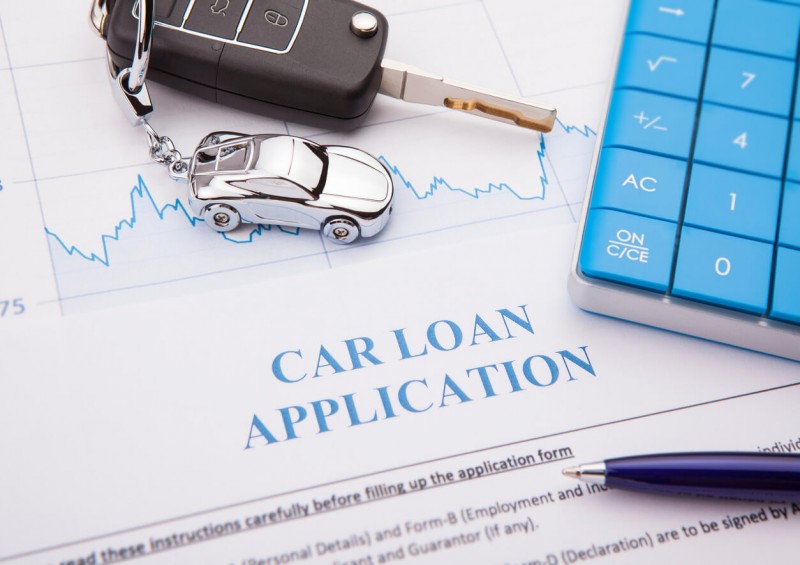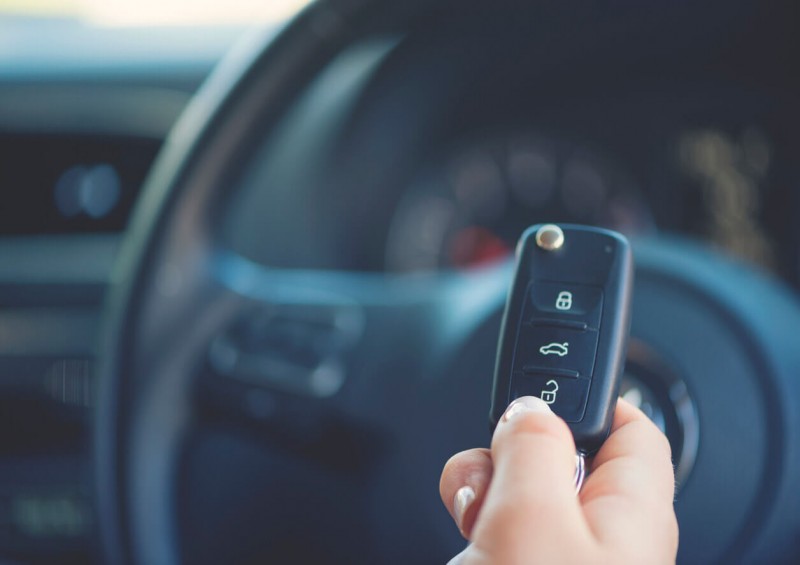Advances in technologies year-on-year make buying a new car an attractive prospect for many.
You are likely to have better fuel consumption and an improvement on safety than older models, and additional technology additions in areas like stability control can be invaluable and give life-saving help in the event of an emergency.
Depreciation is a huge downside, with the resale value of your car plummeting over the first year and even in the first month of ownership.
Plus, newer cars tend to be more tied-in with their technological parts, making them harder to fix outside of specialist engineers.
Buying Used
In the UK, around seven million used cars are sold each year, giving an enormous breadth for choice which is one of the single best arguments for looking at the second-hand car market.
With the financial hit of depreciation less to worry about (in fact, it is there for you to take advantage of), a car that is three years old is likely to cost half as much as it would have done new.
The trend for increasing the length of warranties on cars right out of the factory also improves the peace of mind that a used car is likely to still have considerable top-quality life left in it.
More than half of used car sales are done by dealers, with the best used cars often those which are being sold in the manufacturers’ approved car schemes. You do end up paying more for them, but the customer experience is comparable to that of buying a new car.
As you move down the food-chain, buying from a non-specialist but reputable dealer is more expensive than a private sale but comes with a solid level of backup should you experience a problem.
Private purchases will often give you a better price, but with the low level of security as you have little comeback on the seller should there be a problem.
At the cheapest end are the auctions, but there a genuine bargain is actually very rare and comes with nothing in terms of support.
The biggest downside of buying a used vehicle is the uncertainty regarding the car’s history. Ideally, buy a car with a complete service history, or perform your own online history check for a small fee.
The Third Option – Nearly New Cars
Straddling a position between new and used are the nearly new cars which you can purchase from a dealer’s demonstration fleet, or from their ‘pre-registered’ stock made up of cars that have been notionally bought by the dealer to meet their sales targets.
This option can seem to be the best of both worlds – it gives you all the benefits of the upgrades of technology and efficiency with buying the latest model, yet removes a large chunk from the car depreciation problem, shifting that issue to the seller rather than you.
Nearly new cars are not without their downsides, however. There’s an extra name on the registration document and though for many this seems like a minor thing, it can become a factor in lowering the car’s resale value later on.
Additionally, there’s no room for you to determine options, making a nearly new car similar to a used car – you have to accept whatever configuration the car comes in. Usually though, the dealer has a good idea as to what is appealing and has configured the car accordingly, so you’re not often left with a poor option choice.
In terms of mileage, nearly new cars will have only done a few thousand miles. It’s not enough to have any real impact on their appeal or driveability, but it does take away from that ‘new car’ feeling that we all love to relish in.
For some buyers, that may be reason enough to avoid them and plump for an unspoiled factory piece – for others, it is reassurance that the car has already been run-in and those early glitches will all have been sorted.
It is important to confirm the build date of any pre-registered car with the dealer before you agree to buy. You may believe that the car is from 2018, when actually it’s a 2017 model and this will have a large impact on the value of the vehicle when you come to sell it on.
Conclusion
One of the key things to remember when buying a car is to set your budget and stick to it. It’s a buyer’s market and if you don’t find what you are looking for in the first instance, simply walk away and keep looking.
Impatience and overexuberance could end up costing you! If you can’t reach the right agreement on the car of your dreams on the first pass, don’t worry – there is bound to be another one out there that’s just as good.
Whether buying a car new, used or from nearly-new stock, remember to make sure you are happy with every aspect – from the detailed level of paperwork, to the comfort of the driving position.
You are likely to spend a lot of time with this major purchase and you don’t want to spend time feeling regret on your decision.
Find something you love and drive away happy.



